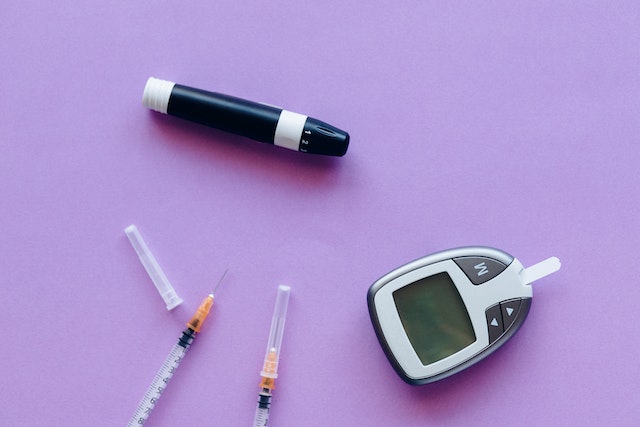Maintaining a healthy weight and adopting a healthy lifestyle can have a significant impact on the management and even reversal of type 2 diabetes. Numerous studies have shown that lifestyle changes, such as regular physical activity, a balanced diet, weight loss, and stress management, can improve insulin sensitivity and glucose control, leading to better overall health outcomes for individuals with type 2 diabetes.
Physical Activity:

Engaging in regular physical activity is crucial for managing type 2 diabetes. Exercise helps to improve insulin sensitivity, reduce blood sugar levels, and promote weight loss. A combination of aerobic exercise (such as brisk walking, jogging, or cycling) and resistance training (such as weightlifting) has been shown to be particularly effective in managing diabetes. The American Diabetes Association recommends at least 150 minutes of moderate-intensity aerobic activity per week, along with muscle-strengthening activities two or more days per week.
Balanced Diet:

![]()
![]() Adopting a healthy, balanced diet is essential for managing and reversing type 2 diabetes. A diet rich in fruits, vegetables, whole grains, lean proteins, and healthy fats can help control blood sugar levels and promote weight loss. Some dietary approaches that have shown benefits for diabetes management include the Mediterranean diet, the DASH (Dietary Approaches to Stop Hypertension) diet, and low-carbohydrate diets. It is important to work with a healthcare professional or registered dietitian to create an individualized meal plan.
Adopting a healthy, balanced diet is essential for managing and reversing type 2 diabetes. A diet rich in fruits, vegetables, whole grains, lean proteins, and healthy fats can help control blood sugar levels and promote weight loss. Some dietary approaches that have shown benefits for diabetes management include the Mediterranean diet, the DASH (Dietary Approaches to Stop Hypertension) diet, and low-carbohydrate diets. It is important to work with a healthcare professional or registered dietitian to create an individualized meal plan.
Weight Loss:

Achieving and maintaining a healthy weight is closely linked to type 2 diabetes management. Excess body weight, especially abdominal fat, contributes to insulin resistance and higher blood sugar levels. Even a modest weight loss of 5-10% of initial body weight can have significant benefits for individuals with type 2 diabetes, such as improved glycemic control, reduced medication use, and decreased risk of cardiovascular complications.
Managing Stress for Optimal Well-being:

Chronic stress can negatively impact blood sugar control and overall health in individuals with type 2 diabetes. It is essential to incorporate stress management techniques into your daily routine. Engage in activities that help you relax, such as meditation, deep breathing exercises, or engaging hobbies. Prioritize self-care and create a healthy work-life balance to reduce stress levels and improve your diabetes management.
Establish a Consistent Sleep Schedule:

One important lifestyle change that can have a significant impact on reversing type 2 diabetes and improving overall health is prioritizing quality sleep. Try to go to bed and wake up at the same time every day, even on weekends. This helps regulate your body’s internal clock and promotes better sleep quality. Aim for 7-9 hours of uninterrupted sleep each night.
Conclusion:
Maintaining a healthy weight and adopting a healthy lifestyle can make a world of difference in managing and even reversing type 2 diabetes. By incorporating regular physical activity, following a balanced diet, shedding excess pounds, and managing stress effectively, you can take control of your health and add years to your life. Remember, it’s never too late to make positive changes, and with dedication and support, you can improve your well-being and enjoy a healthier, diabetes-free future.


